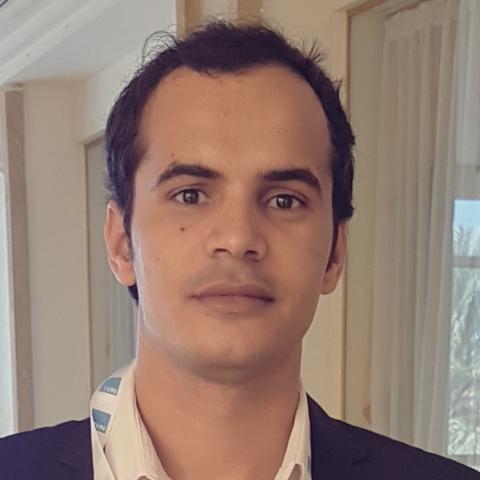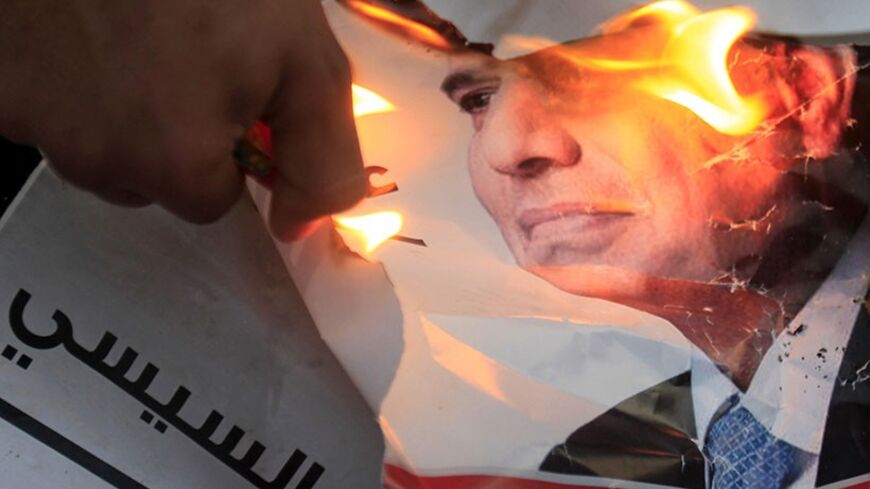Will government's new rules control fake news or control Egyptian media?
Egypt's Supreme Council for Media Regulation claims that its new rules for radio and television broadcasts are intended to regulate the media environment in a rational and constitutional way but others see censorship at work.

CAIRO — There are plenty of reasons for wanting to upgrade media professionalism in Egypt. A short list would include some of the extraordinary incidents over the past few years, ranging from false reporting that Egypt had detained the commander of the US Sixth Fleet to scenes from the Apache Air Assault video game being presented as footage of Russian shelling of Islamic State and Free Syrian Army forces to hiring thieves to kidnap children to boost a show's ratings. With that acknowledged, Egypt is also known for imposing harsh media restrictions and doing so frequently.
With both tendencies is in mind, when the country's Supreme Council for Media Regulation recently issued new controls for the sector, claiming it just wanted to tamp down the “chaos,” not everyone was convinced. In a June 11 announcement, the council claimed that the new rules are in line with the constitution, law, media charters and UN conventions. The new rules apply to TV and radio broadcast originating within the country.






